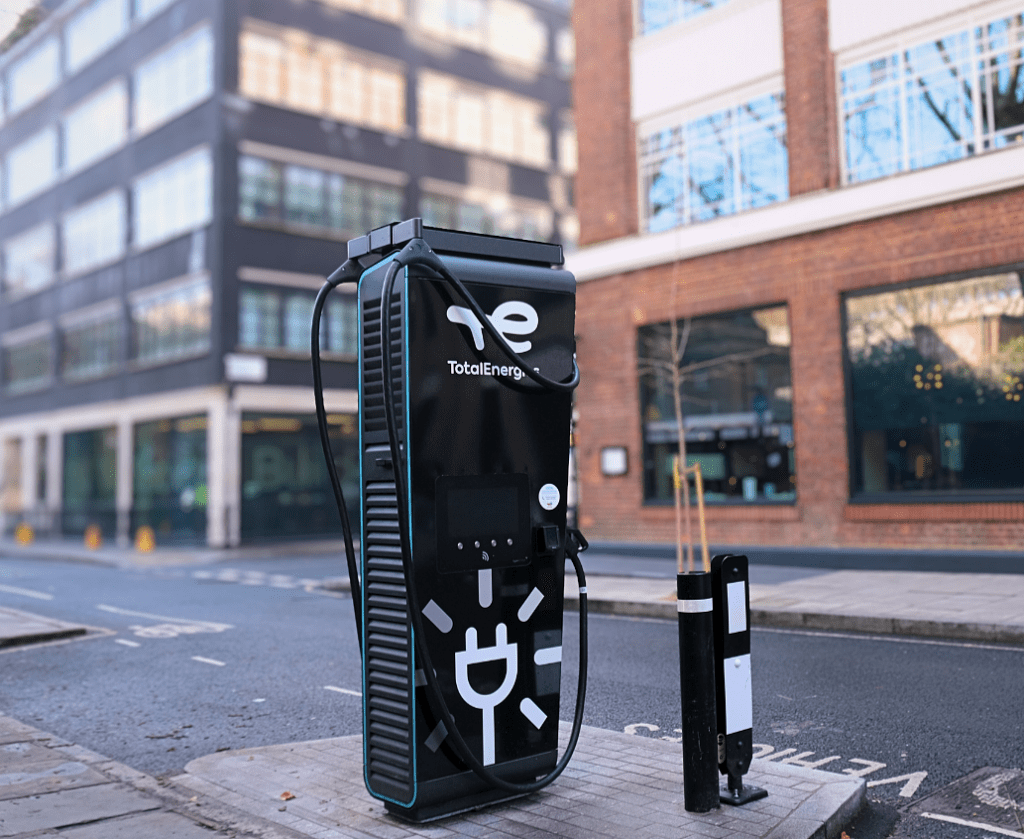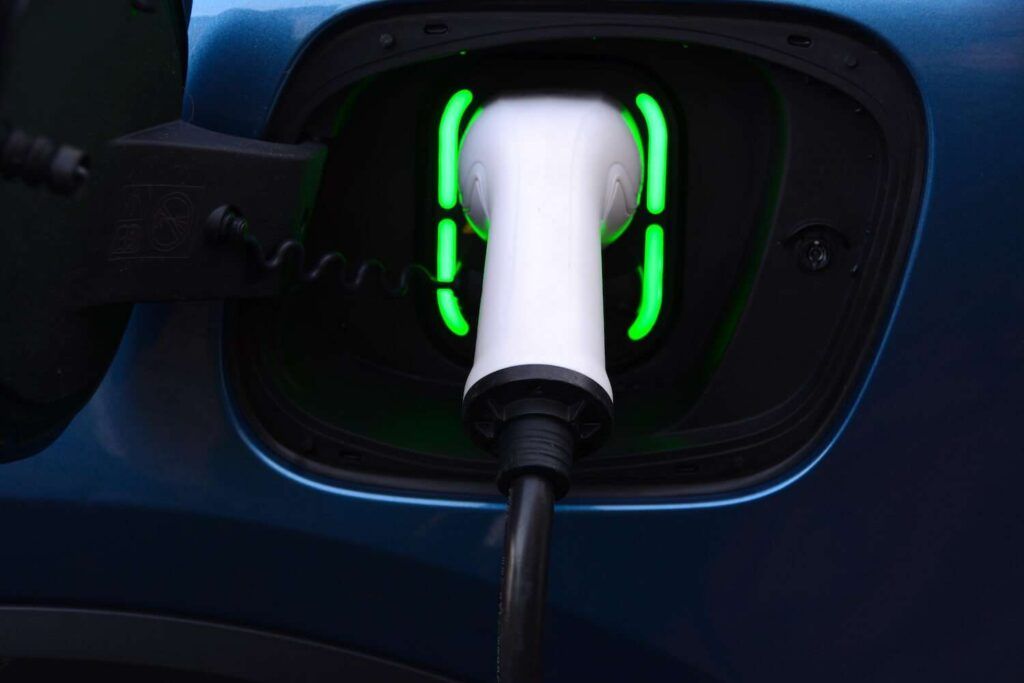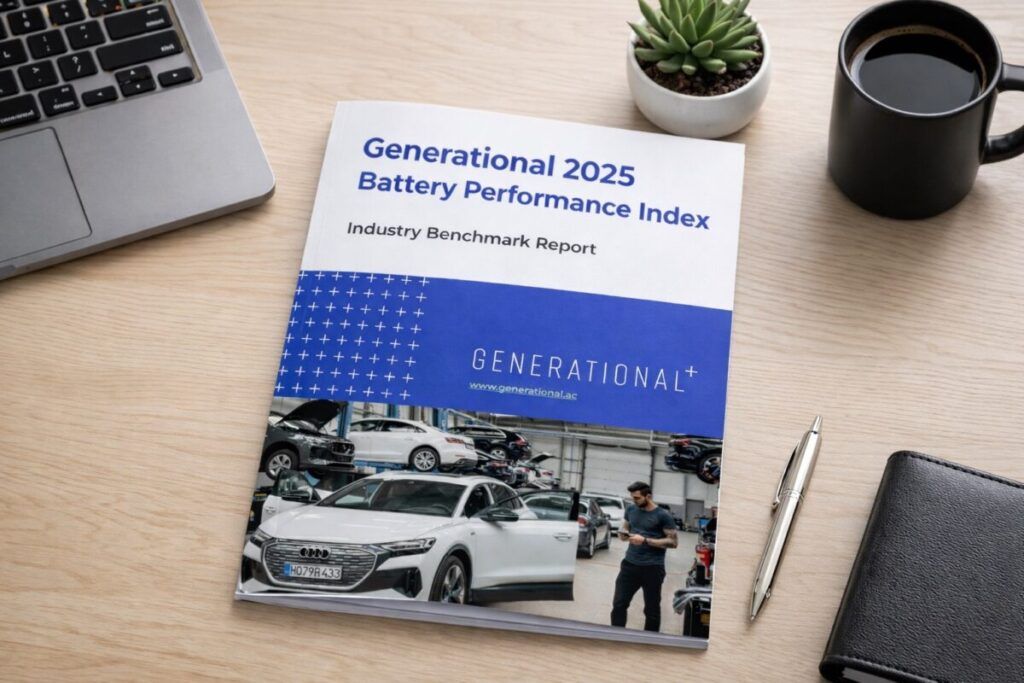The UK Government’s announcement of a further £1.3bn into the Electric Car Grant, and additional cash for EV charging infrastructure, has been welcomed by the industry.
It comes in the Treasury’s pre-Budget briefing, ahead of the fiscal statement this week (26 November), where there is some concern that the government could also put in place a pay-per-mile taxation plan for electric vehicles (EV).
To-date, the Electric Car Grant has assisted 35,000 drivers to switch since its launch in July, by reducing the costs by as much as £3,750 – although most vehicles have a smaller discount, which is based on how sustainably the car is produced.
In addition, it is expected that an additional £200m for the roll-out EV chargepoints will also be announced in the Budget, adding to the £400m provided in the Spending Review in the summer.
Cash will be used to build chargepoints as well as offering resources for local authorities to grow infrastructure in their areas, including for on-street charging.
It is also expected that the Chancellor will publish a consultation on Permitted Development Rights to make it easier and cheaper for people without a driveway to charge.
For the first time, the government also addressed the rising price of public EV charging, and said it would “review the cost” of public charging – and report back on the issue next autumn.
This will look at the impact of energy prices, including wider cost contributors, alongside options for lowering these costs for consumers.
In response to the news Vicky Read, chief executive, ChargeUK, the voice of EV charging said:
“The move to EVs is already accelerating. But to really put a rocket under this transition, access to affordable vehicles and widespread, cost-effective charging at home, near home and on the go is absolutely vital.
“The charging sector has been busy delivering what’s needed, but high and rising business costs have been pushing up prices and putting billions of investment at risk.
“This package of measures, which will help drivers access cheaper EVs, address the factors that influence public charging costs, and support local authorities to work with our sector to deliver for their communities, is welcome. Converting the government’s commitment into action is now essential, as is resolving the proposed business rates changes which would undermine this progress if left unaddressed. We stand ready to work with government to make this happen.”
Edmund King, AA president, said:
“The AA welcomes the extra £1.3 billion for the Electric Car Grant as the AA UK EV Readiness Index stands at 47.5 out of 100 which indicates that factors such as the cost of new EVs are putting off some potential electric vehicle drivers. The grant has helped some 35,000 drivers already.
“We are also pleased to see efforts to speed up the role out of chargers and a commitment to look at public charging costs.
“The initiatives to boost EV take up are going in the right direction but we just hope that speculation about EV ‘pay as you go’ doesn’t stall this progress. Drivers accept that EV owners should pay their way but the timing of current speculation about a scheme that may be introduced in three years isn’t really helping. Ultimately, we probably need a fundamental review of all motoring taxation to set it on a fair basis that doesn’t discriminate against rural and disabled drivers.”
Tanya Sinclair, CEO, Electric Vehicles UK, said:
“It’s positive to see fresh investment in electric cars and chargepoint deployment, as we know clear policy signals work. But funding alone won’t accelerate the market.
“Not every incentive needs to be fiscal. The government’s priority now is consistency: a joined-up approach to vehicle taxation and incentives that gives drivers confidence their next car should be electric.”
Delvin Lane, CEO, InstaVolt said:
“It’s great to see the Government stepping up investment in electric vehicles and charging. These signals genuinely move the market, and we’re already seeing the impact on driver confidence. But investment is only one part of the picture: not every incentive needs to be fiscal.
“The Government must also carefully review any new policy proposals to ensure that any new taxes or changes don’t inadvertently make it harder for people and businesses to choose an EV. With the right joined-up thinking on taxation, incentives and infrastructure, the Government can give drivers an even clearer message that their next car should be electric, and help the market grow faster as a result.”
John Lewis, CEO, char.gy, said:
“Additional funding for local charging infrastructure is exactly what’s needed to make the EV transition fair for everyone. For the millions of drivers without a driveway, reliable on-street and neighbourhood charging isn’t a nice-to-have, it’s essential.
“This investment will help councils accelerate rollout, close gaps in provision and give communities the confidence that switching to an EV is a practical choice.”
Ginny Buckley, the chief executive of Electrifying.com, the electric car buying and advice site said, on pay per mile speculation:
“If ministers press ahead with pay-per-mile, they must also address the long-ignored issue of fuel duty — frozen for more than a decade — to make sure all drivers are treated fairly during the transition to electric.
“The government also needs to come clean about the practicalities. Will this ultimately mean black boxes fitted in our cars to monitor mileage? If that’s even a possibility, drivers deserve answers now, not after the policy is already in place.”
On infrastructure support, she added:
“More government investment in charging infrastructure is welcome – but it needs focused support behind it if we’re to avoid access to charging becoming a postcode lottery. Coventry has over 750 chargers per 100,000 people, yet Manchester, Leeds, Liverpool, Sheffield and Newcastle all sit below 100.
“That gap won’t close unless the government provides clear, joined-up guidance to help councils get the right chargers in the right places.”
Image from Shutterstock












